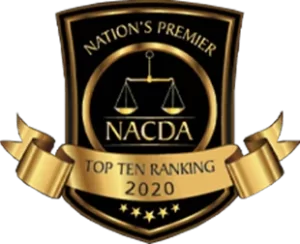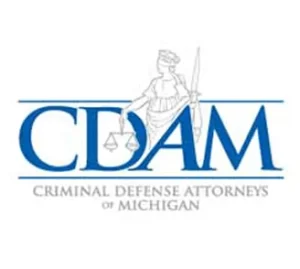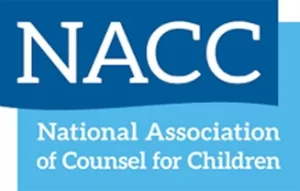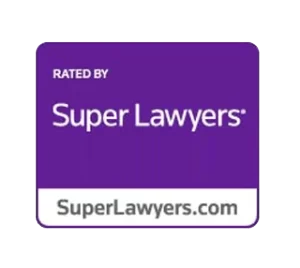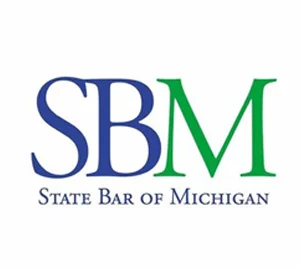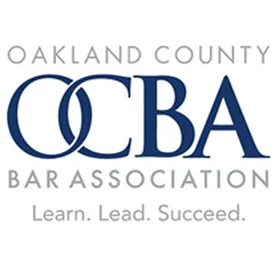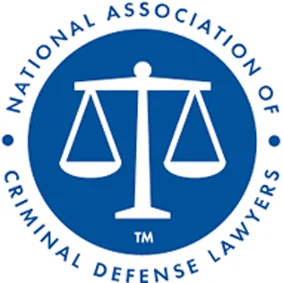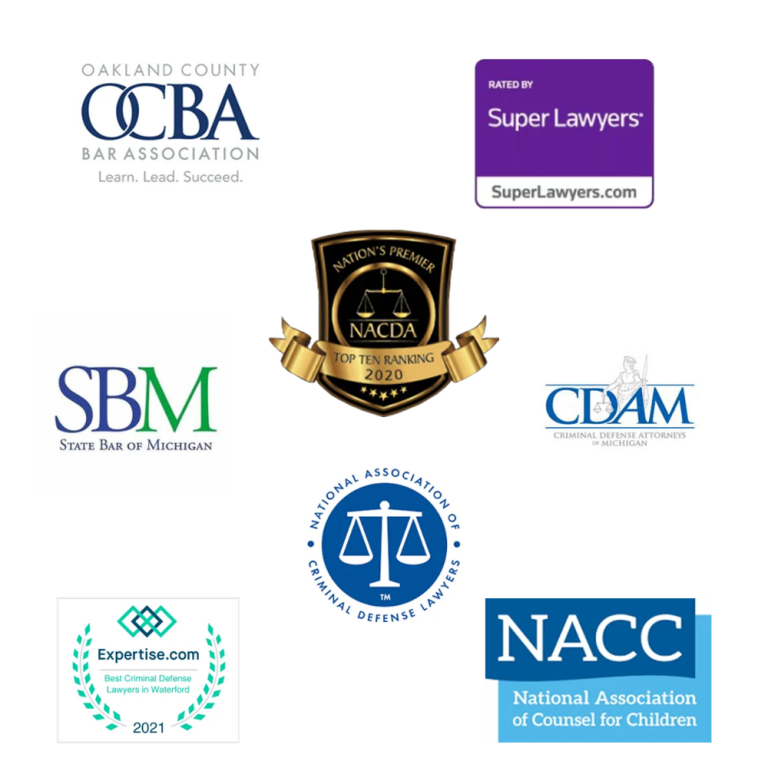What you need to know about the crime of human trafficking
On Behalf of Kirsch Daskas Law Group | Jan 20, 2021 | Criminal Defense
Human trafficking has gained increased media attention in recent years, yet many don’t clearly understand what this crime entails. It includes both sexual slavery and forced labor.
States first started criminalizing the offense beginning in 2003, but it has only lately attracted more attention in the news and legal circles.
What acts may result in you facing human trafficking charges?
Both state and federal laws prohibit human trafficking. This legislation generally describes anyone who transports, receives, recruits, transfers or harbors someone else to exploit them as a human trafficker. Most jurisdictions’ laws consider the isolation, confining or enticing of individuals as representative of human trafficking. Someone who makes a profit off their victims may face human trafficking charges just like anyone who deprives someone else of their liberties.
In recent years, many states have also adopted legislation that allows them to prosecute any company’s leadership who financially benefits from exploiting others. These ever-changing laws have resulted in the arrests of those managing domestic, travel industry, agricultural, food service and health and beauty workers on suspicion of forced labor. Police have increasingly rounded up individuals running massage parlors, brothels, strip clubs, prostitution rings and online ads for sex trafficking in recent years as well.
How jurisdictions prosecute human trafficking defendants
Various factors determine whether the state or federal government will prosecute your human trafficking case. The U.S. Attorney’s Office generally indicts and tries anyone it suspects of having transported individuals across state lines for human trafficking purposes. In contrast, states handle any cases that took place within their borders alone.
States may charge defendants accused of human trafficking with any number of related crimes, including coercion or fraud. Some jurisdictions may assign enhanced penalties to those defendants convicted of victimizing vulnerable populations, including undocumented immigrants, children and those with mental impairments.
Penalties associated with human trafficking
The police take human trafficking charges seriously and invest significant resources in getting to the bottom of such alleged actions. Prosecutors only tend to move forward in filing charges against suspects when they’re confident that they can win their case.
You may think that you have little chance of success in securing an acquittal in your Bloomfield Hills case, but that may not be true. An attorney can help you better understand your possible defenses.


